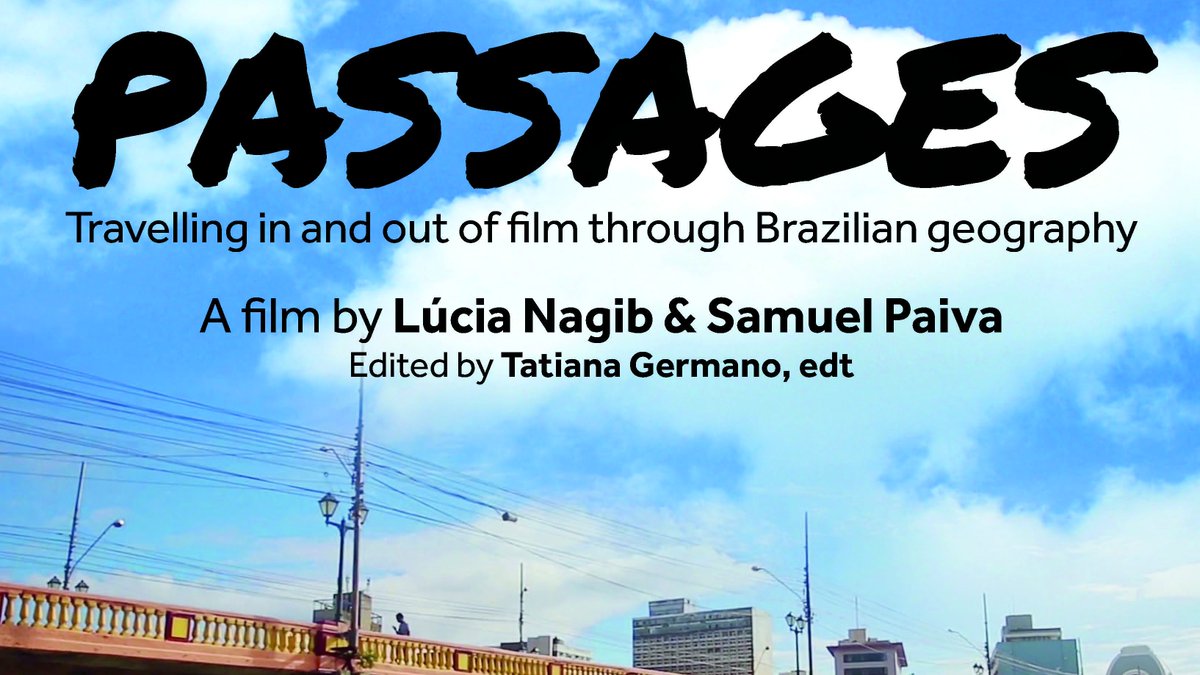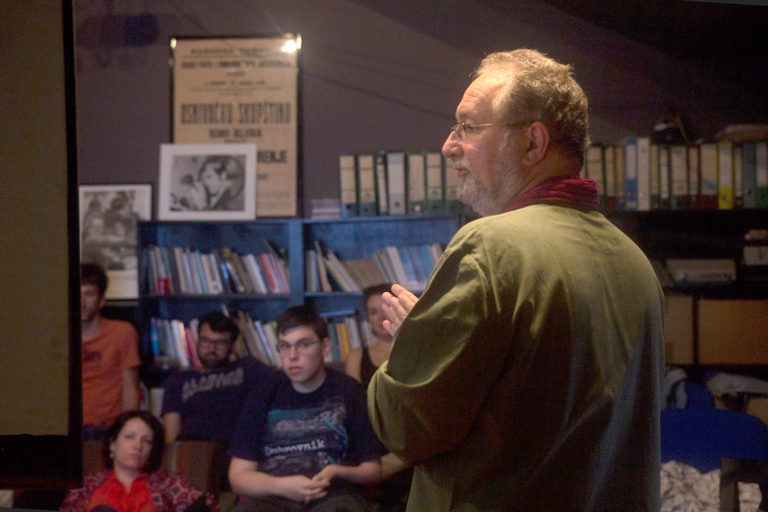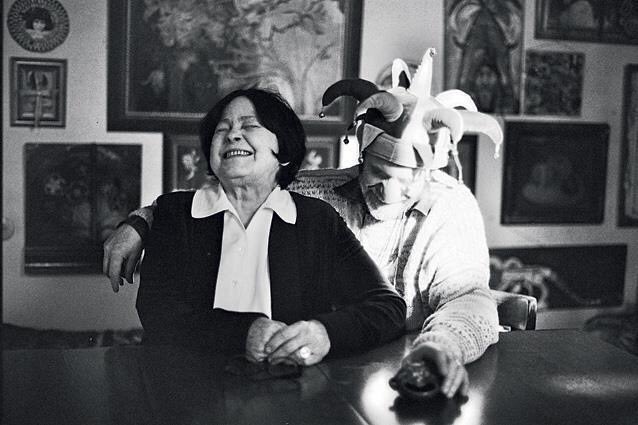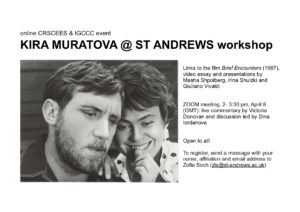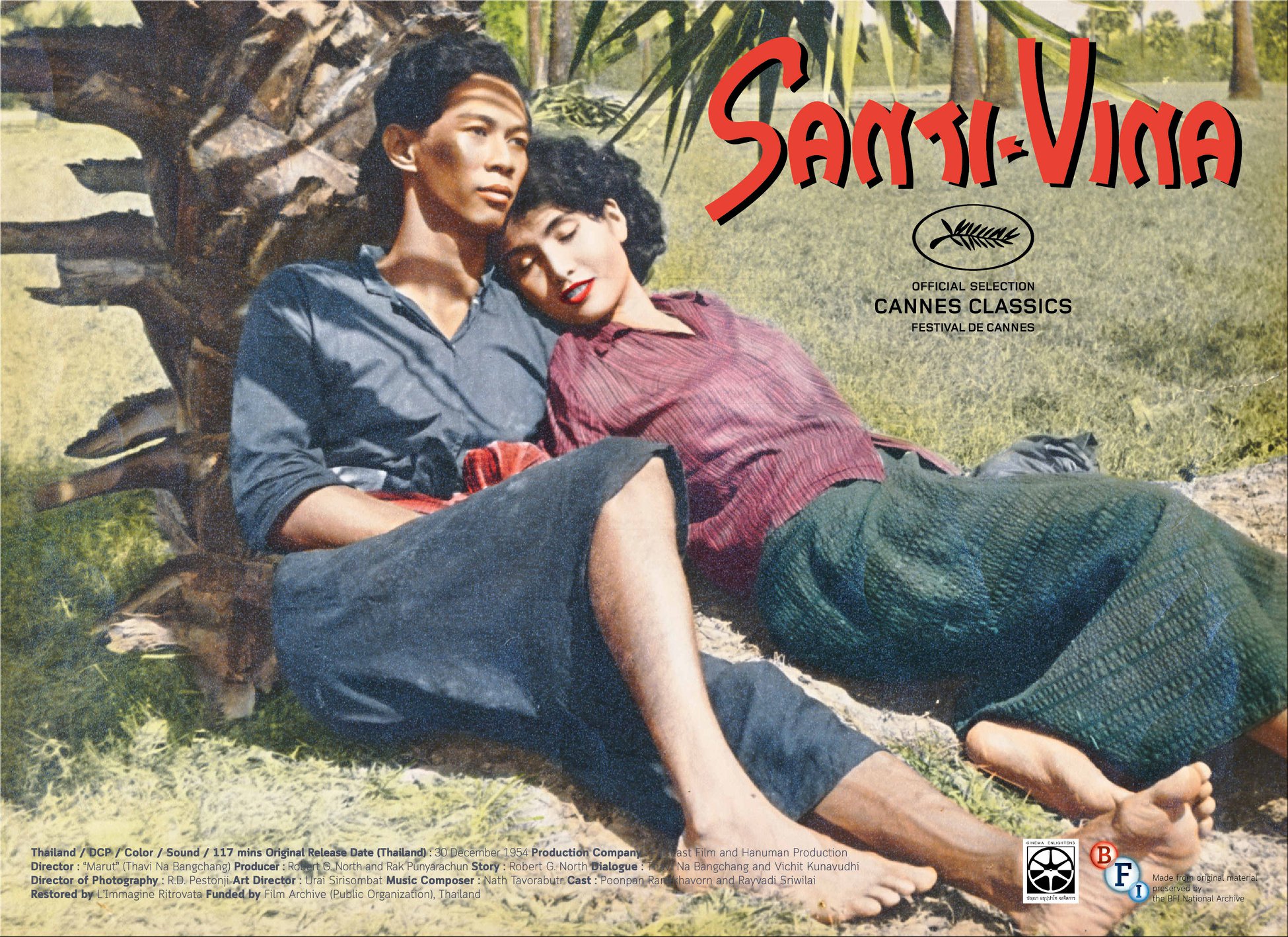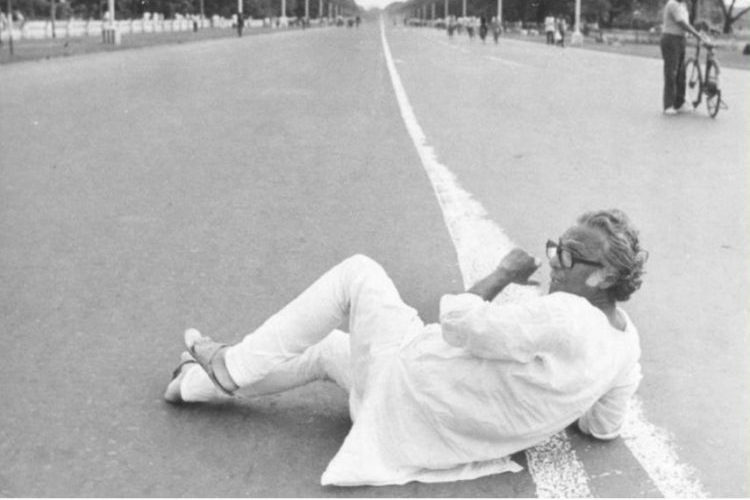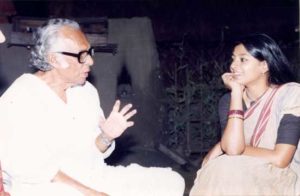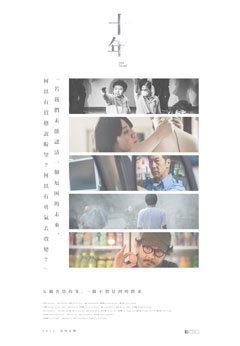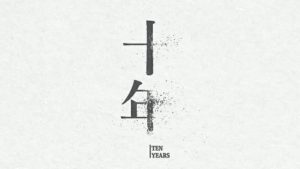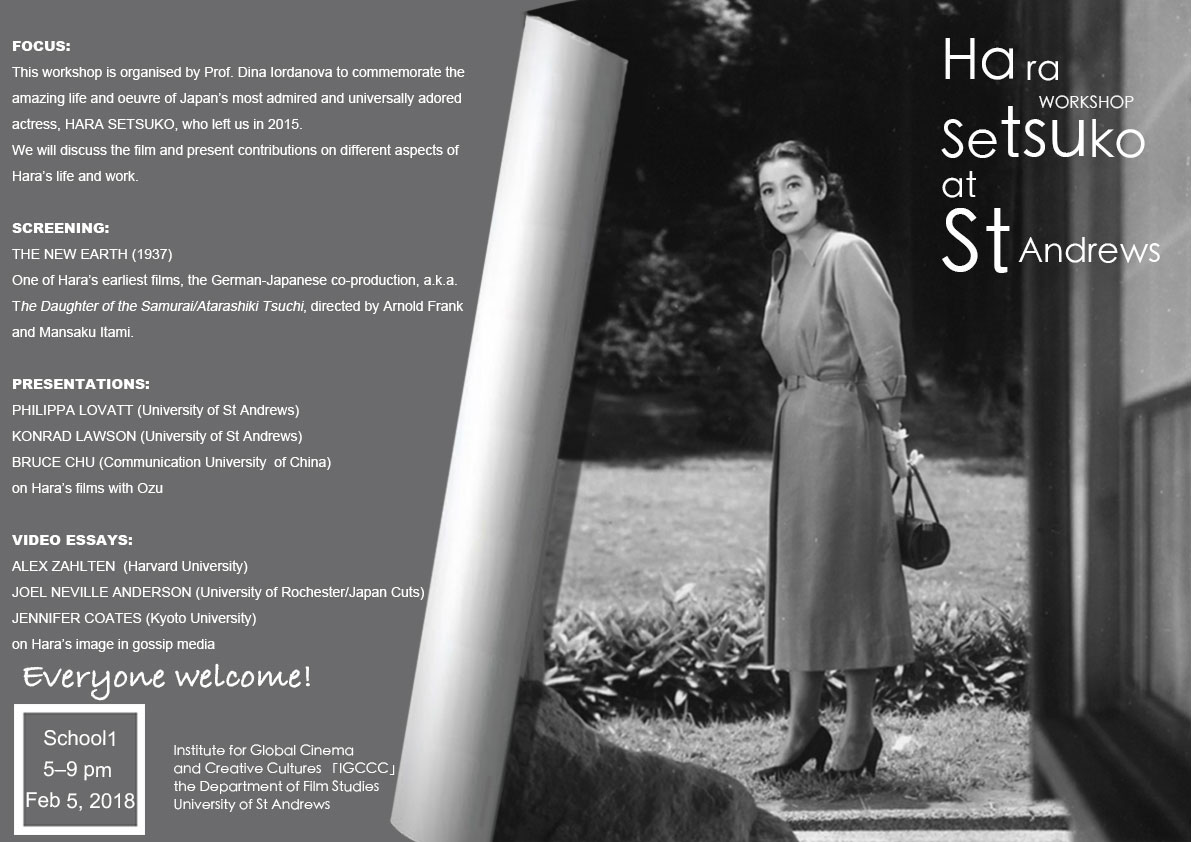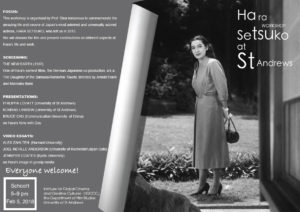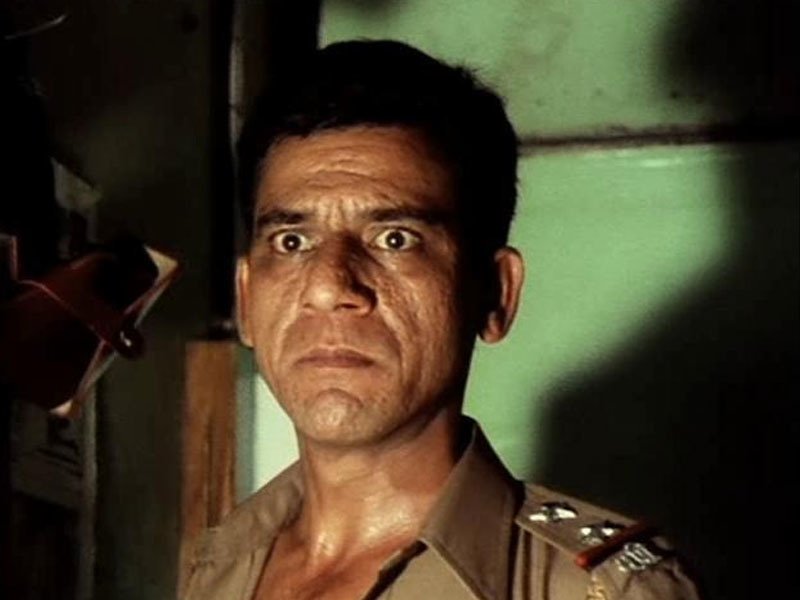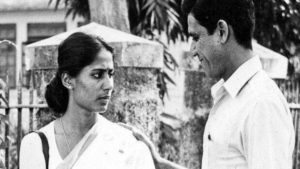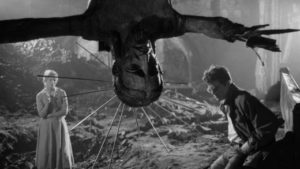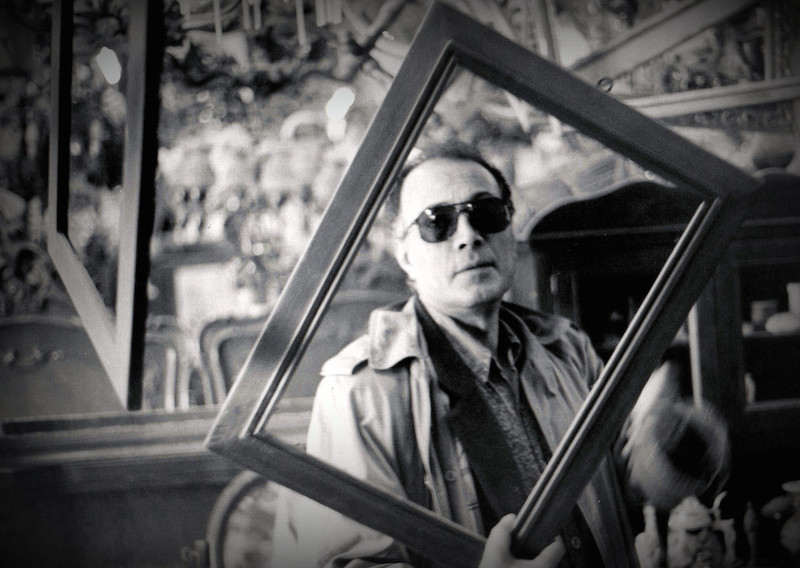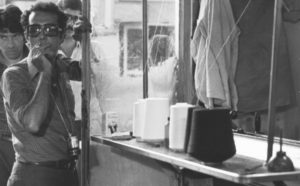THE LANDSCAPE OF NEW BRAZILIAN CINEMA offers an encounter with scholar – and now filmmaker – Lúcia Nagib and others, on Tuesday, 30 June 2020.
Participants will be invited to see, in advance, Lúcia Nagib and Samuel Paiva’s 94-min long film PASSAGES: TRAVELLING IN AND OUT OF FILM THROUGH BRAZILIAN GEOGRAPHY (2019, Portuguese, English subtitles), which was presented at the most recent IFF at Rotterdam and other festivals around the world. We will make available the link for viewing for attendees during the weekend preceding the event, so that you can see the film in your own time.
Then, on 30 June 2020, Tuesday, we will convene for a 75 min-long online meeting and discussion with Lúcia Nagib (University of Reading), Samuel Paiva (Federal University of São Carlos), and Tiago de Luca (University of Warwick).
The event will be moderated by Dina Iordanova (University of St Andrews) and the access information will be sent to you in advance. The discussion will take place at 3 pm BST (Please take note of your own time zones respectively, for example 11 am São Paulo, 10 am NYC, 4 pm Paris, Hong Kong/Shanghai 10 pm, Tokyo 11 pm).
This is a free event requiring registration. Everybody welcome (for the Zoom meeting we will admit up to 45 participants; we will send the link to the film to all that register). Faculty and students of the University of St Andrews will have priority, and the rest will be registered on a first come-first served basis. To register, please send a note with your name and affiliation to Julia Lennon at [email protected]. We will be in touch once the list is finalised.
We will close registrations on 25 June and will send out the link to the film to those registered on 26 June, Friday, for viewing over the weekend.
The film’s official trailer can be viewed here:
Looking forward to welcoming you to THE LANDSCAPE OF NEW BRAZILIAN CINEMA.
